
We rely on technology for everything from waking up in the morning to navigating home at night. But behind that confidence lurks a surprising number of false assumptions. Some started as advice that never aged well, others as myths that went viral before social media existed. It’s time to fact-check our digital routines. Keep reading to reveal the modern tech “truths” that aren’t what they seem.
Charging Phone Overnight Ruins The Battery
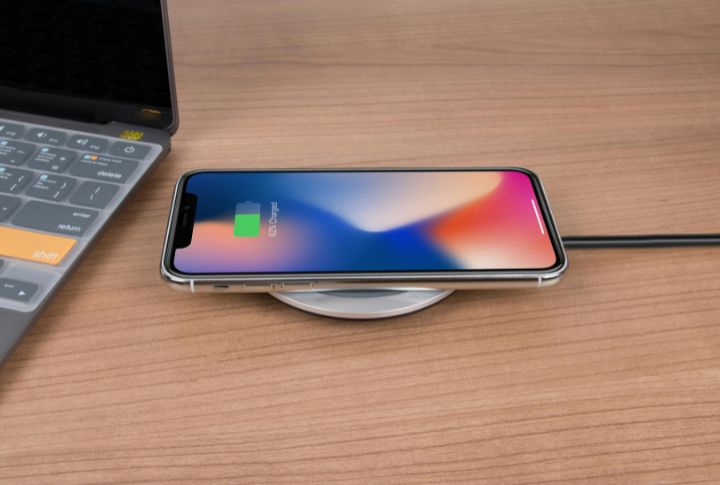
That old warning doesn’t hold up anymore. Modern phones have built-in circuits that stop charging once the battery’s full, so there’s no danger of “overcharging.” Most even use smart charging that slows things down overnight to protect battery health. So yes, your phone’s safe to snooze with.
More Megapixels Mean Better Quality

Do you think more megapixels guarantee better photos? Not quite. It’s like assuming a bigger pizza automatically tastes better. What really matters is sensor size and image processing. That’s why some pros shoot with fewer megapixels but still capture jaw-dropping shots.
Incognito Mode Makes You Completely Anonymous

Incognito mode only hides browsing history and cookies from your own device. Therefore, it doesn’t make you invisible. Websites, internet providers, and even your employer can still track your online activity. It’s private at home, not anonymous on the web.
Macs Don’t Get Viruses
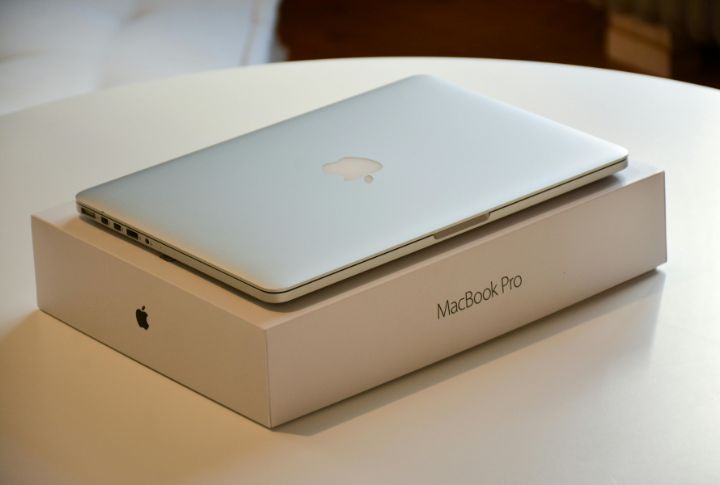
Lots of people believe Macs are immune to viruses. Sadly, that’s a myth. They’re just targeted less often than Windows PCs. Macs can absolutely get malware, which is why Apple constantly releases security updates to stay ahead of new threats.
Fully Drain Battery Before Recharging
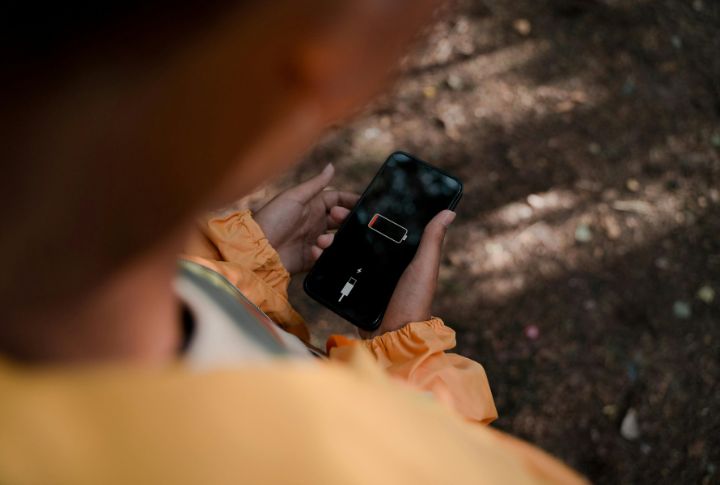
This advice made sense back in the days of nickel-based batteries. And now, not anymore. Modern lithium-ion batteries actually last longer when you keep them between 20% and 80%. It’s even been warned that draining them completely does more harm than good.
Using The Phone At A Gas Station Cause Explosions
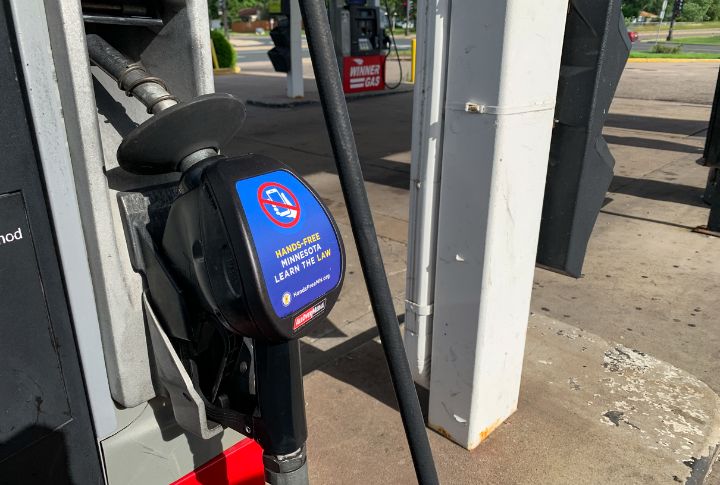
Despite the dramatic warning signs, there’s zero evidence of a phone ever sparking a gas station explosion. Not one confirmed case. The real risk comes from static electricity, not texts. So go ahead, checking your messages won’t blow up the pump.
Closing Apps Saves Battery Life
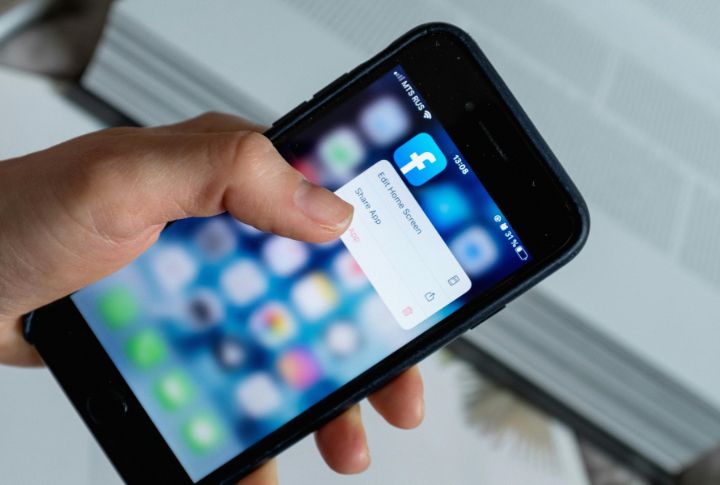
Once upon a time, that worked. However, today’s phones are smart enough to manage apps in the background efficiently. Forcing them to close and reopen actually wastes more power. Let the phone handle it; it knows what it’s doing more than you think.
Public Wi-Fi Is Safe
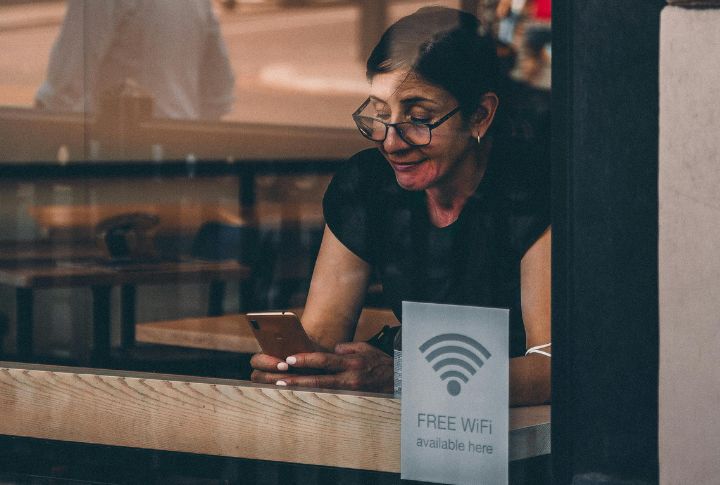
Free Wi-Fi feels like a win, until someone nearby starts snooping on your data. Open networks make it easy for hackers to see what you’re doing. Even password-protected ones aren’t foolproof if the password is widely shared. Tip: Always use a VPN when possible.
More Bars Means Better Call Quality
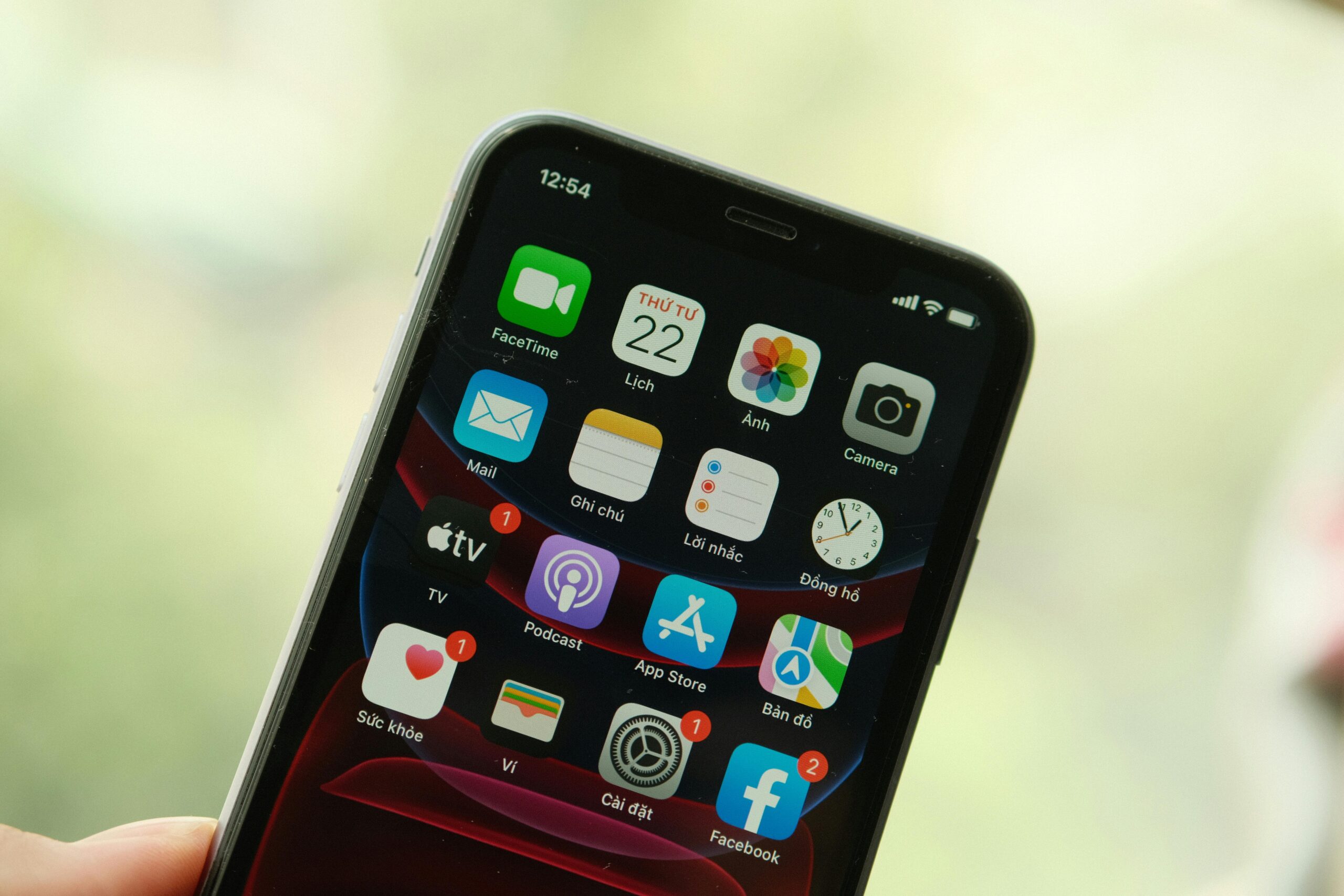
Full bars don’t always equal a clear call. Those bars only measure the connection to the nearest tower, not the network’s congestion or interference. Believe it or not, you could have five bars and still sound like a robot mid-sentence.
Airplane Mode Disables GPS Tracking
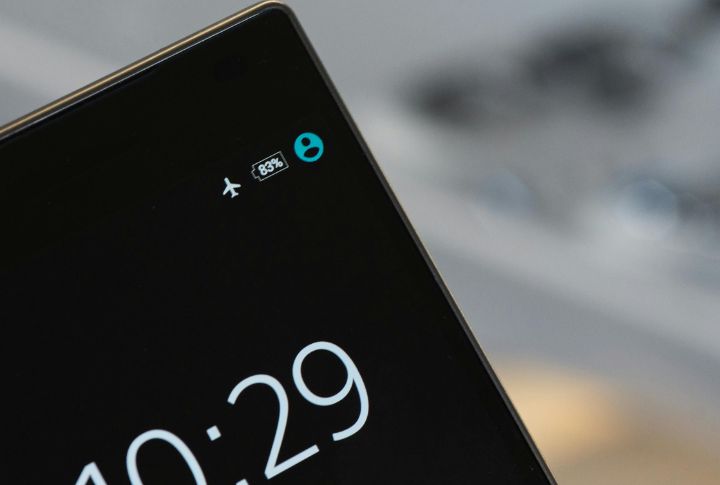
Here’s a fun fact: GPS doesn’t send signals—it only receives them. That means turning on airplane mode shuts off cellular and Wi-Fi, but not your ability to get location data. Apps can still pinpoint you through those incoming GPS signals.

